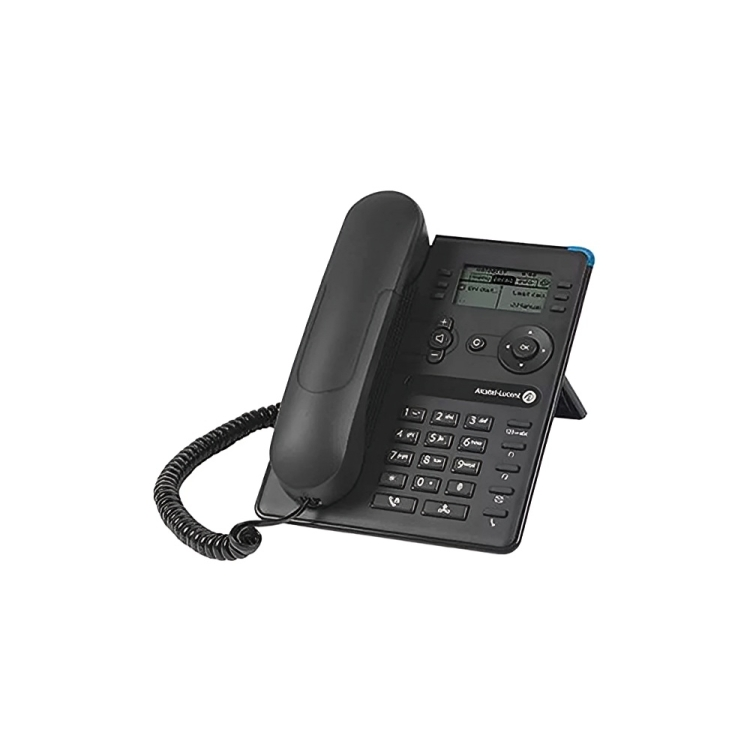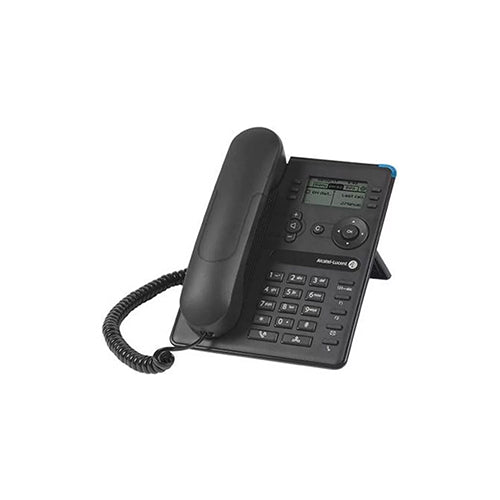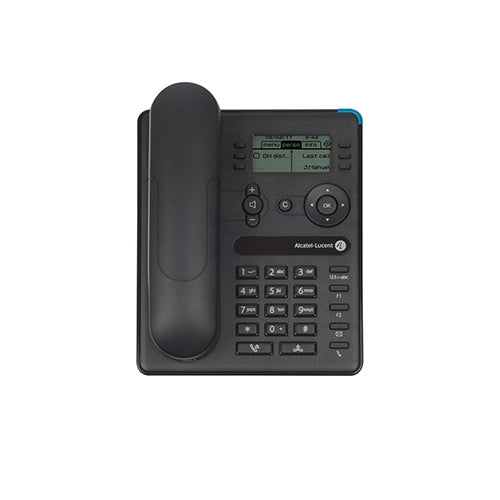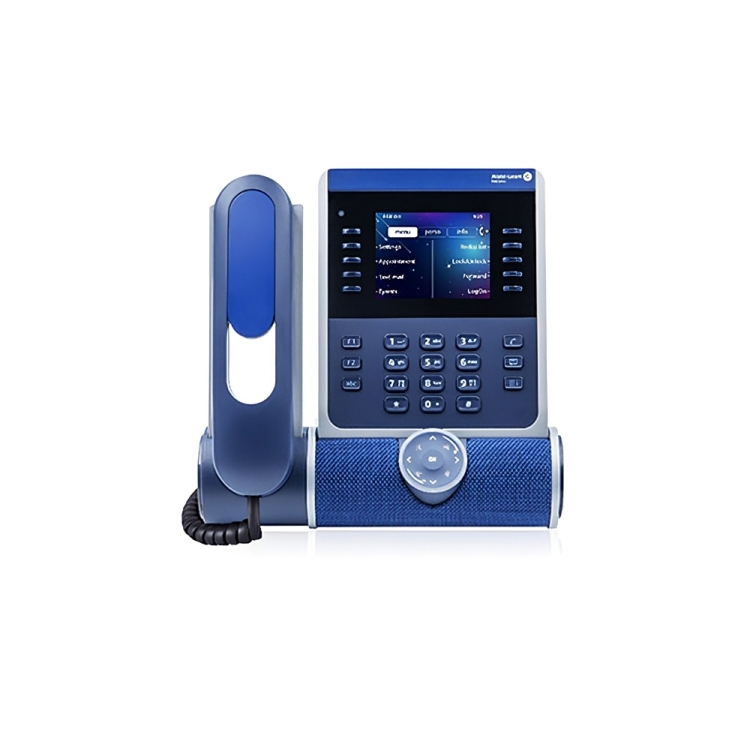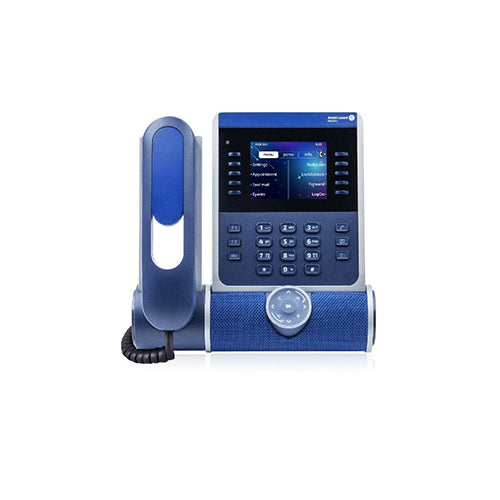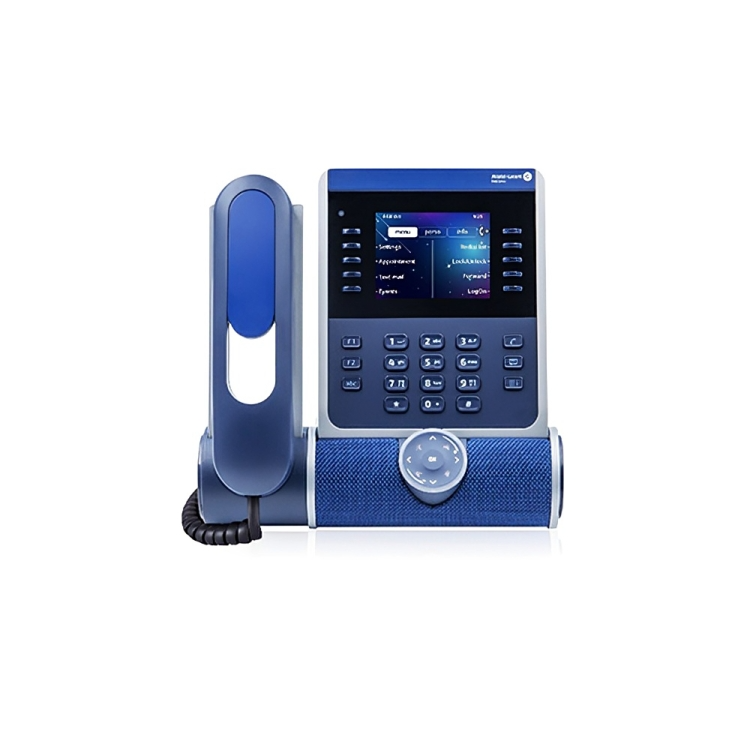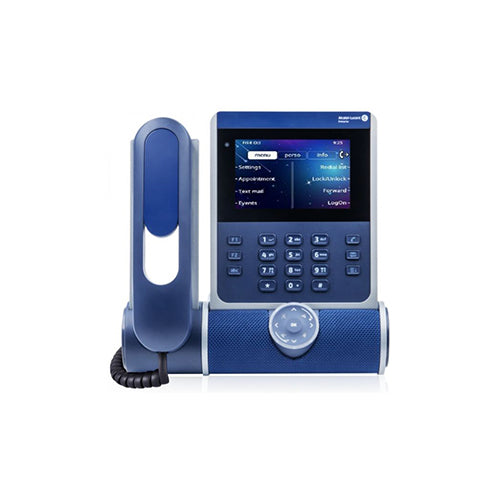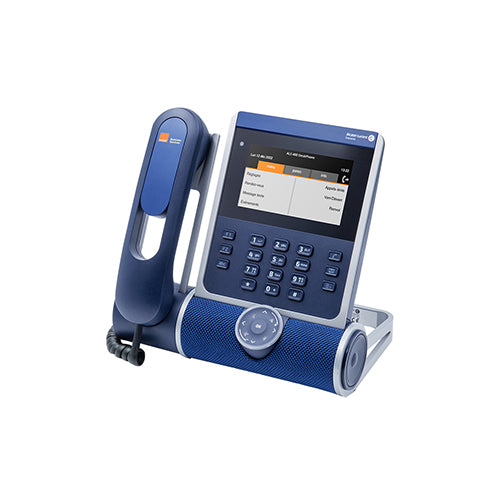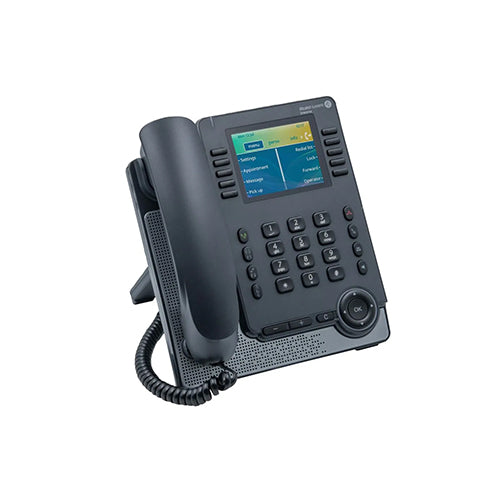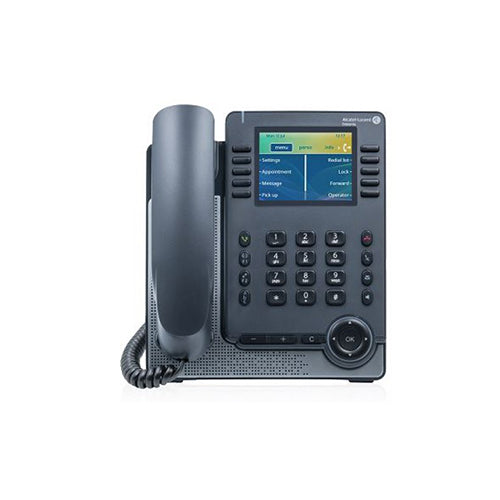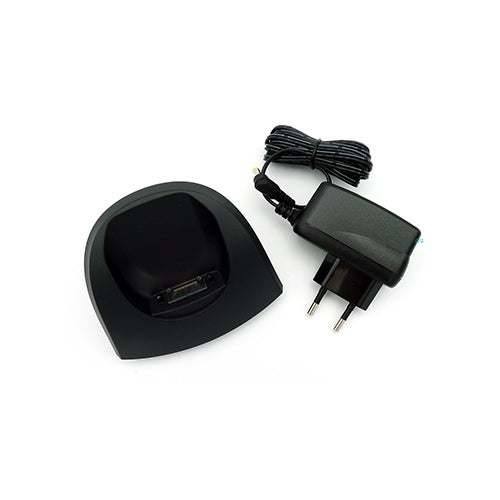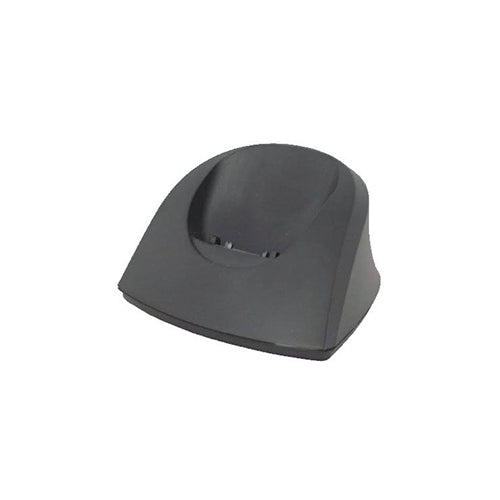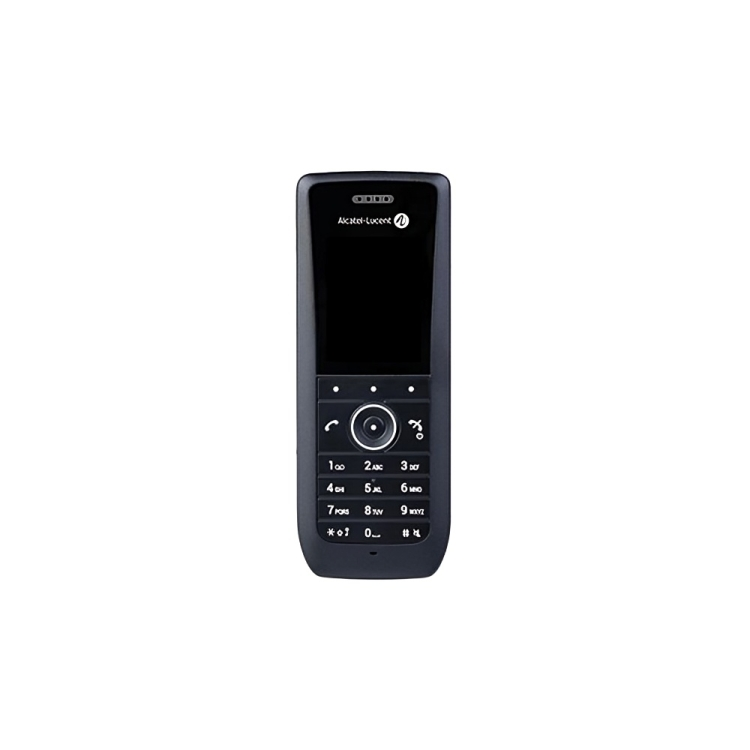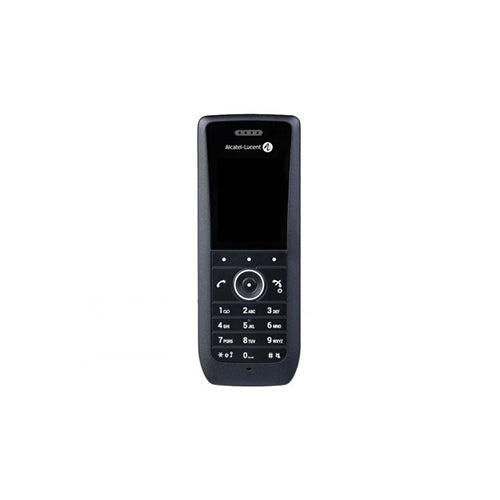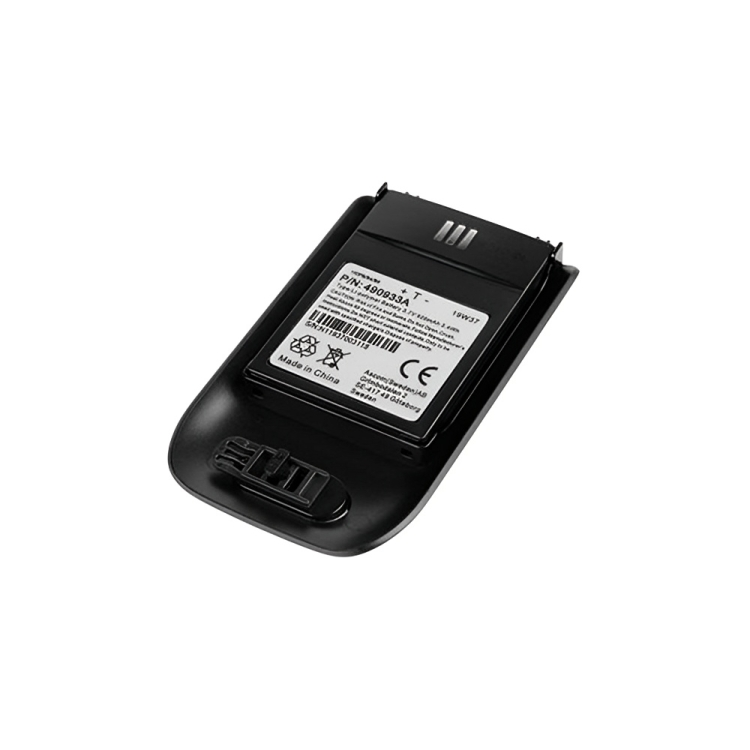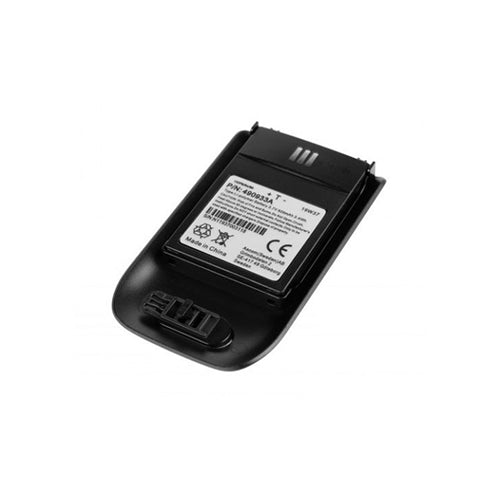|
Feature |
Specifications |
|
Signaling protocol support |
● Session Initiation Protocol (SIP)
|
|
Audio codec support |
● G.711a-law and mu-law, wideband (G.722), G.729a, G.729ab, Internet Low Bitrate Codec (iLBC), OPUS
|
|
Call features |
● + Dialing
● Abbreviated dial
● Auto-answer
● Call back
● Cross Cluster Extension Mobility (EMCC)
● Dial from the list
● Direct transfer
● Do not disturb
● Extension Mobility (EM)
● Immediate divert
● Join
● Message-waiting indicator
● Mute
● Network profiles (automatic)
● On- and off-network distinctive ringing
● Personal directory
● Privacy
● Speed dial (Favorites)
● Time and date display
● Transfer
● Voicemail (Messages)
|
|
Quality-of-service (QoS) options |
● The phone supports Cisco Discovery Protocol and 802.1Q/p standards, and can be configured with an 801.1Q VLAN header containing the VLAN ID overrides configured by the admin VLAN ID
|
|
Directories |
● The phone identifies incoming messages and categorizes them for users on the screen. This makes it fast and easy to return calls using direct dial-back capability. The corporate directory integrates with the Lightweight Directory Access Protocol (LDAP) standard directory.
|
|
Configuration options |
● The user can configure IP address assignment statically or through the DHCP client.
|
|
Network features |
● Session Initiation Protocol (SIP) for signaling
● Session Description Protocol (SDP)
● IPv4
● IPv6
● User Datagram Protocol (UDP) (used only for Real-Time Transport Protocol [RTP] streams)
● Dynamic Host Configuration Protocol (DHCP) client or static configuration
● Gratuitous Address Resolution Protocol (GARP)
● Domain Name System (DNS)
● Trivial File Transfer Protocol (TFTP)
● Secure Hypertext Transfer Protocol (HTTPS)
● VLAN
● Real-Time Transport Protocol (RTP)
● Real-Time Control Protocol (RTCP)
● Cisco Discovery Protocol
● LLDP (including LLDP-MED)
● Switch speed auto-negotiation
|
|
Security features |
● Secure credential storage
● Image authentication
● Random bit generation
● Manufacturer-installed certificates (MIC)
● Ethernet 802.1X supplicant options: Extensible Authentication Protocol-Flexible Authentication via Secure Tunneling (EAP-FAST) and Extensible Authentication Protocol-Transport Layer Security (EAP-TLS)
● Signaling authentication and encryption using TLS v1.2
● Media authentication and encryption using SRTP
● HTTPS for client and server
● Secure Shell (SSH) Protocol server
|
|
Physical dimensions |
● 8.90 x 8.90 x 2.14 in. (226 x 226 x 54.4 mm)
|
|
Weight |
● 2.0 lb (0.907 kg)
|
|
Phone-casing composition |
● Acrylonitrile butadiene styrene (ABS) textured plastic; Cisco cosmetic class A
|
|
Operational temperature |
● 32° to 104°F (0° to 40°C)
|
|
Nonoperational temperature shock |
● 14° to 140°F (-10° to 60°C)
|
|
Humidity |
● Operating 10% to 90%, noncondensing
● Nonoperating 10% to 95%, noncondensing
|
|
Language support |
● Arabic (Arabic Area)
● English (United Kingdom)
|
|
Certifications and compliance |
● Regulatory Compliance
◦ CE Markings per directives 2014/30/EU and 2014/53/EU and 2014/35/EU
● Safety
◦ UL 60950 Second Edition
◦ CAN/CSA-C22.2 No. 60950 Second Edition
◦ EN 60950 Second Edition (including A11 & A12)
◦ IEC 60950 Second Edition (including A11 & A12)
◦ AS/NZS 60950
◦ GB4943
● EMC - Emissions
◦ 47CFR Part 15 (CFR 47) Class B
◦ AS/NZS CISPR32
◦ CISPR32
◦ EN55032
◦ ICES003 Class B
◦ VCCI Class B
◦ EN61000-3-2
◦ EN61000-3-3
◦ KN22 Class B
● EMC - Immunity
◦ EN55024
◦ CISPR24
◦ KN24
◦ Armadillo Light
● Telecom
◦ AS/ACIF S004
◦ NZ PTC 220
◦ Industry standards: TIA 810 and TIA 920
◦ Industry standards: IEEE 802.3 Ethernet, IEEE 802.3af and 802.3at
● Radio
◦ FCC Part 2.1093 (BT RF Exposure TR)
◦ RSS-102 (BT RF Exposure TR)
◦ RSS-210
◦ EN 300.328
◦ EN50385 (BT RF Exposure TR)
◦ EN 301-489-1
◦ EN 301-489-17
◦ NCC LP0002
|
|
Feature |
Specifications |
|
Signaling protocol support |
● Session Initiation Protocol (SIP)
|
|
Audio codec support |
● G.711a-law and mu-law, wideband (G.722), G.729a, G.729ab, Internet Low Bitrate Codec (iLBC), OPUS
|
|
Call features |
● + Dialing
● Abbreviated dial
● Auto-answer
● Call back
● Cross Cluster Extension Mobility (EMCC)
● Dial from the list
● Direct transfer
● Do not disturb
● Extension Mobility (EM)
● Immediate divert
● Join
● Message-waiting indicator
● Mute
● Network profiles (automatic)
● On- and off-network distinctive ringing
● Personal directory
● Privacy
● Speed dial (Favorites)
● Time and date display
● Transfer
● Voicemail (Messages)
|
|
Quality-of-service (QoS) options |
● The phone supports Cisco Discovery Protocol and 802.1Q/p standards, and can be configured with an 801.1Q VLAN header containing the VLAN ID overrides configured by the admin VLAN ID
|
|
Directories |
● The phone identifies incoming messages and categorizes them for users on the screen. This makes it fast and easy to return calls using direct dial-back capability. The corporate directory integrates with the Lightweight Directory Access Protocol (LDAP) standard directory.
|
|
Configuration options |
● The user can configure IP address assignment statically or through the DHCP client.
|
|
Network features |
● Session Initiation Protocol (SIP) for signaling
● Session Description Protocol (SDP)
● IPv4
● IPv6
● User Datagram Protocol (UDP) (used only for Real-Time Transport Protocol [RTP] streams)
● Dynamic Host Configuration Protocol (DHCP) client or static configuration
● Gratuitous Address Resolution Protocol (GARP)
● Domain Name System (DNS)
● Trivial File Transfer Protocol (TFTP)
● Secure Hypertext Transfer Protocol (HTTPS)
● VLAN
● Real-Time Transport Protocol (RTP)
● Real-Time Control Protocol (RTCP)
● Cisco Discovery Protocol
● LLDP (including LLDP-MED)
● Switch speed auto-negotiation
|
|
Security features |
● Secure credential storage
● Image authentication
● Random bit generation
● Manufacturer-installed certificates (MIC)
● Ethernet 802.1X supplicant options: Extensible Authentication Protocol-Flexible Authentication via Secure Tunneling (EAP-FAST) and Extensible Authentication Protocol-Transport Layer Security (EAP-TLS)
● Signaling authentication and encryption using TLS v1.2
● Media authentication and encryption using SRTP
● HTTPS for client and server
● Secure Shell (SSH) Protocol server
|
|
Physical dimensions |
● 8.90 x 8.90 x 2.14 in. (226 x 226 x 54.4 mm)
|
|
Weight |
● 2.0 lb (0.907 kg)
|
|
Phone-casing composition |
● Acrylonitrile butadiene styrene (ABS) textured plastic; Cisco cosmetic class A
|
|
Operational temperature |
● 32° to 104°F (0° to 40°C)
|
|
Nonoperational temperature shock |
● 14° to 140°F (-10° to 60°C)
|
|
Humidity |
● Operating 10% to 90%, noncondensing
● Nonoperating 10% to 95%, noncondensing
|
|
Language support |
● Arabic (Arabic Area)
● English (United Kingdom)
|
|
Certifications and compliance |
● Regulatory Compliance
◦ CE Markings per directives 2014/30/EU and 2014/53/EU and 2014/35/EU
● Safety
◦ UL 60950 Second Edition
◦ CAN/CSA-C22.2 No. 60950 Second Edition
◦ EN 60950 Second Edition (including A11 & A12)
◦ IEC 60950 Second Edition (including A11 & A12)
◦ AS/NZS 60950
◦ GB4943
● EMC - Emissions
◦ 47CFR Part 15 (CFR 47) Class B
◦ AS/NZS CISPR32
◦ CISPR32
◦ EN55032
◦ ICES003 Class B
◦ VCCI Class B
◦ EN61000-3-2
◦ EN61000-3-3
◦ KN22 Class B
● EMC - Immunity
◦ EN55024
◦ CISPR24
◦ KN24
◦ Armadillo Light
● Telecom
◦ AS/ACIF S004
◦ NZ PTC 220
◦ Industry standards: TIA 810 and TIA 920
◦ Industry standards: IEEE 802.3 Ethernet, IEEE 802.3af and 802.3at
● Radio
◦ FCC Part 2.1093 (BT RF Exposure TR)
◦ RSS-102 (BT RF Exposure TR)
◦ RSS-210
◦ EN 300.328
◦ EN50385 (BT RF Exposure TR)
◦ EN 301-489-1
◦ EN 301-489-17
◦ NCC LP0002
|



